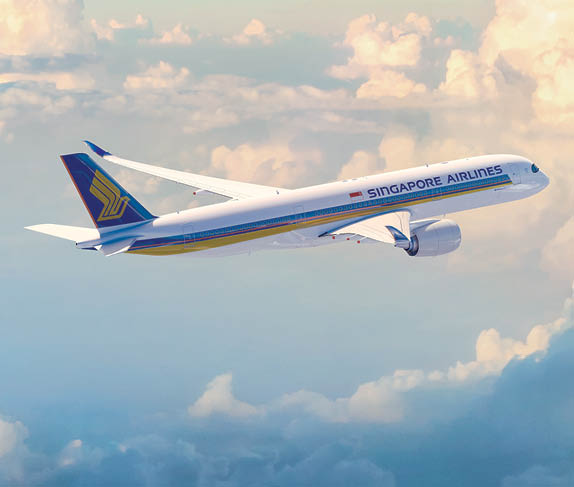The continuing impact of COVID 19 on passenger demand and consequent requests for rent deferrals is starting to reach conflict with the chief executive of Fiji Airlines likening agreements on unused aircraft to, “sitting in a noose”.
Although lessors have been very understanding, with many offering lessees 3-6 months lease deferrals, those airlines are returning to the lessors for more forbearance and some are starting to if not deny further relief but to make it less favourable to the airline client.
After ten years of uninterrupted growth in the aviation industry, for many this will be their first experience of a downturn and stressed scenario and the implications of those low-priced loans and leases still need to be repaid are starting to hit home.
The general consensus is that lessors want to work with their airline clients but there is a breaking point when the flow of cash needs to resume. All lessors are expecting further bankruptcies. And even though most don’t want to repossess and release their aircraft in such a depressed market, they simply may have little choice but to pursue non-payments through the courts.
This now appears a real possibility for Fiji Airlines. Speaking at a recent forum Andre Viljoen, said the national carrier needed $38million a month to meet its “recurring costs” and the aircraft they had leased and bought cost anywhere from $US100m to $US300m.
“These companies and the banks, the financiers and the leasing companies provide you with a loan to rent the aircraft,” he said. “When you get an asset of that value, I can assure you, you sign an agreement that is so deep.
“In fact, I call it a noose and you sit with this noose and there is no way you can wriggle out of it.”
“If you miss a few payments, they take them back, all of the aircraft and all of the future payments immediately become due unpayable and that will put you in liquidation before you even blink. These loans and leases have cross default clauses.”

